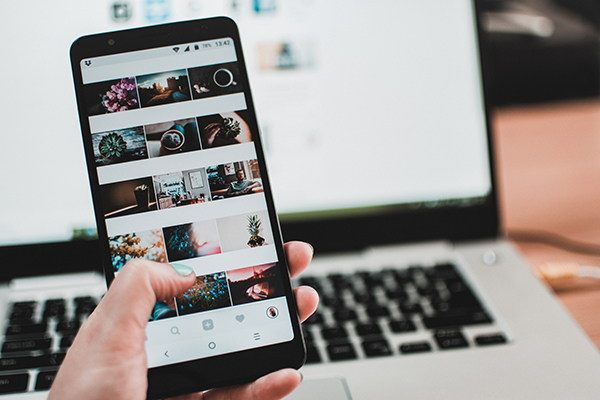Australia’s copyright laws, enshrined in the Copyright At 1968 (Cth)(the Act) are designed to protect original, tangible material. For example, you can protect things like artistic or literary work, articles, photographs, maps, broadcasts and other pieces of multimedia. Despite there being no registration scheme in Australia like there is for trademarks, copyright material is said to be owned by the author and endures for 70 years after their death.
A number of exceptions exist in the Act, but generally, if you use or reproduce a substantial part of copyrighted material without the permission of the owner you are committing copyright infringement.
Social media raises interesting legal issues for the operation of copyright law. Take Facebook, for example. Content on Facebook is easily and frequently shared, copied, reimagined and disseminated often without the knowledge or consent of the original author. Does this mean that when we share our favourite pasta recipe that we’re committing copyright infringement against the chef? In short, no.
Because this is such a ubiquitous field, we’ve sat down to answer some common questions about using copyright material on social media.
Can you copy an image owned by someone else from social media without permission?
If a social media platform has a share function, it’s terms and conditions will usually allow users to share images without infringing on a copyright. If you are uploading or publishing an image owned by someone else, however, you will need to obtain their permission and attribute the work to them.
You won’t need the permission of the creator if they have released their image under a Creative Commons Licence (as indicated by the shorthand, CC). Images under a Creative Commons Licence can be copied without permission if you: attribute the creator, use the image for a non-commercial purpose and don’t make derivatives of the work. For more detail, the Creative Commons wiki includes a page on best practices for attribution of a CC work.[1]
When don’t you need permission to use someone else’s material?
The most common workaround to obtaining express permission from copyright owners is by using their material in the course of “fair dealing”. Fair dealing includes using someone else’s material for non-commercial purposes such as:
- research
- criticism
- parody and
- news reporting.
You are unlikely to be infringing on copyright if you repost or quote short phrases or pieces of text that are not essential to the overall work. Additionally, providing a link to original legitimate material is also considered ok, so long as the work has been officially published and the platform has a sharing or linking function.
Once copyright in material expires, it is said to be “in the public domain” and able to be used by members of the public without risk of infringement.
Who can use your photo once you post it on social media?
The creator and owner of a photo is usually the person who took it. If you post a selfie, that’s you. But if a friend took the photo of you, the copyright belongs to them (unless you’ve agreed otherwise). You do not forfeit the copyright to your images when you upload them to social media. Most social media platforms, however, have a term of use which gives the platform a “non-exclusive, royalty-free, transferable… licence” over your content. This allows other users to share your photo and also allows the platform to potentially sell or grant permission for companies to market your photos.
If someone has used your photo without your permission, you should ask them to take it down or report them using the social media platform’s reporting function. If the photo doesn’t get taken down, consider issuing a cease and desist letter.
Copyright issues are likely to arise if your photo is taken from social media and used externally. In this scenario, you would be in a strong position to enforce your copyright.
For more information or advice on copyright law, please contact us here.
[1] https://wiki.creativecommons.org/wiki/Best_practices_for_attribution
